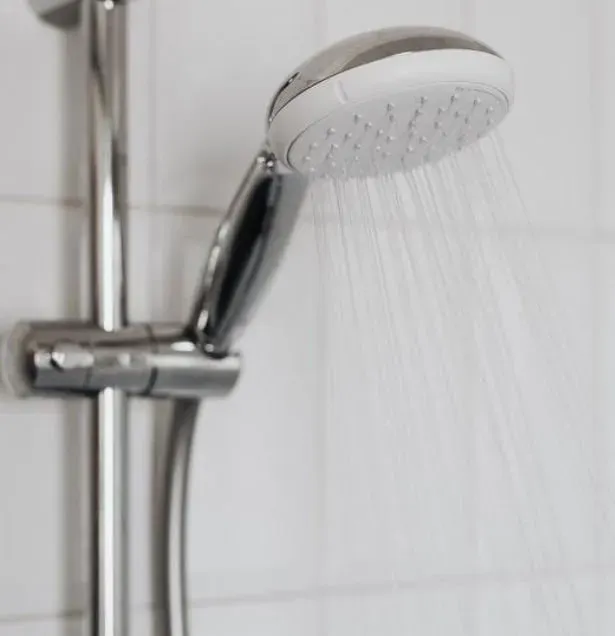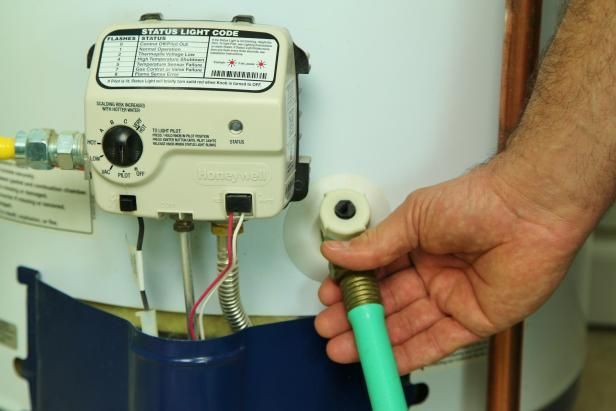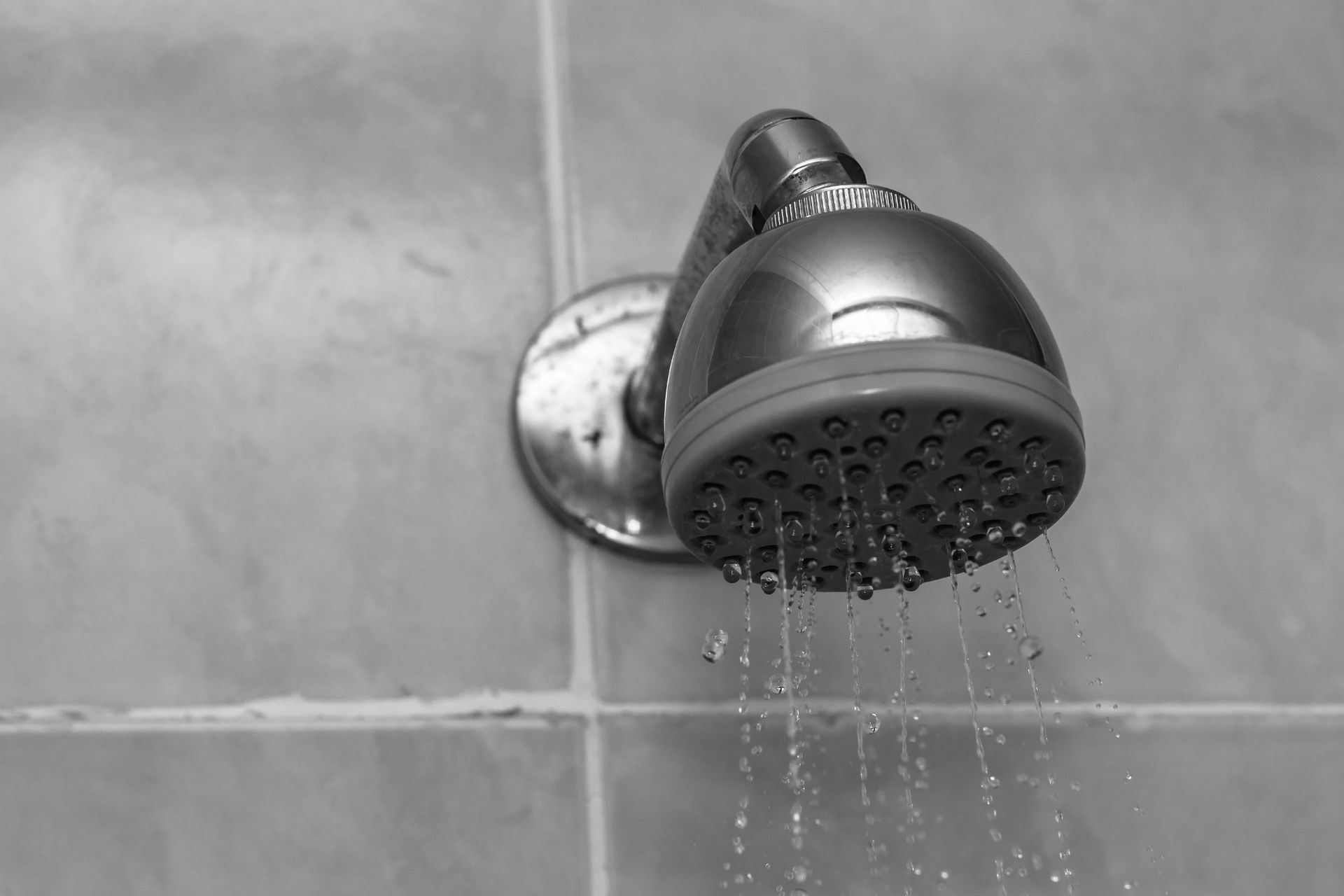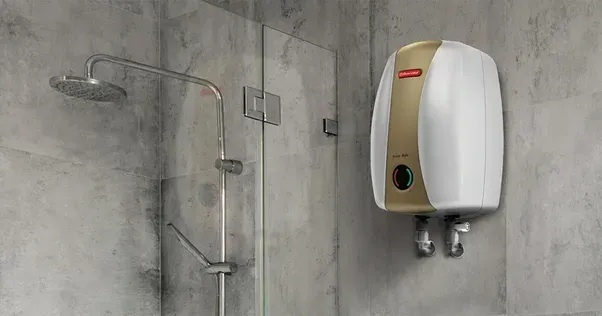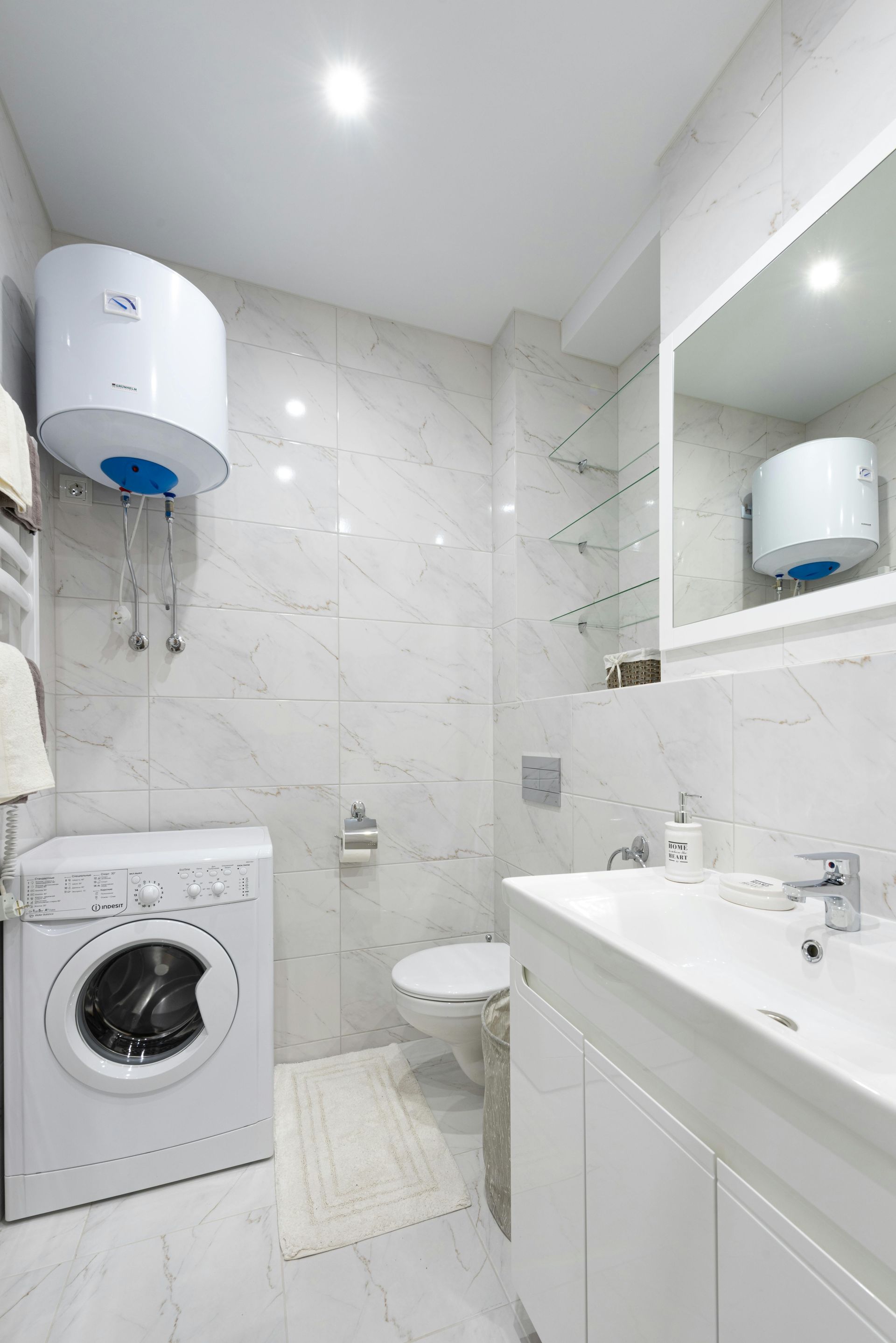The Role of Sump Pumps in Basement Waterproofing
When it comes to protecting your basement from water damage, few tools are as essential and effective as a sump pump. This unassuming device plays a critical role in safeguarding your home from the costly and sometimes devastating effects of water accumulation. Yet, many homeowners underestimate its importance until they’re knee-deep in a flooded basement. Let’s dive into the essential role of sump pumps in basement waterproofing, the risks of water accumulation, and what you can do to ensure your basement stays dry.
"How to Properly Maintain Your Sump Pump in the Winter"
Risks of Water Accumulation in Basements
1. Structural Damage
Water pooling in your basement doesn’t just sit there—it seeps. Over time, it can weaken your foundation, causing cracks that compromise the stability of your entire home. Left unchecked, this can escalate into repairs that cost tens of thousands of dollars.
2. Mold Growth
Basements are naturally cool and dark, creating a perfect breeding ground for mold. Add moisture to the equation, and you’ve got a recipe for fungal growth that can spread throughout your home. Beyond the unpleasant odor, mold poses serious health risks, including respiratory problems and allergic reactions.
3. Electrical Hazards
Water and electricity are a dangerous combination. Flooded basements can lead to electrical shorts, damage to appliances, and even fire hazards. Moreover, navigating a wet basement with active electrical outlets or appliances can be life-threatening.
4. Property Damage
Think about everything stored in your basement—furniture, heirlooms, seasonal decorations, or electronics. A single flood can destroy these belongings, many of which might be irreplaceable. Even insurance may not cover all your losses, leaving you with hefty replacement costs.
5. Pest Infestations
Standing water attracts pests like mosquitoes, cockroaches, and rodents. Once they find their way into your home, they can cause additional damage and pose health risks, turning a water problem into a pest problem.
6. Reduced Home Value
A history of basement flooding or water damage can scare off potential buyers and significantly lower your home’s resale value. Even if you manage to sell, you’ll likely face negotiations to cover the cost of repairs and waterproofing.
How Do Sump Pumps Work?
Sump pumps might not be glamorous, but they’re engineering marvels when it comes to keeping basements dry. Installed in a pit at the lowest point of your basement, they work by collecting and pumping out excess water before it has a chance to cause damage.
When water levels rise, the pump is activated, pushing water out of your home and away from your foundation through a discharge pipe. It’s a simple yet effective system, but its reliability depends on proper installation, regular maintenance, and the right type of pump for your needs.
Types of Sump Pumps and Their Best Applications
1. Pedestal Sump Pumps
These pumps sit above the sump pit, with the motor mounted on a pedestal. They’re easier to maintain since the motor is accessible, but they can be noisier. Pedestal pumps are ideal for basements with smaller pits and lower flooding risks.
2. Submersible Sump Pumps
Unlike pedestal pumps, submersible sump pumps are placed directly inside the sump pit. They’re quieter and more efficient at handling large volumes of water. These are better suited for basements prone to heavy flooding or homes in areas with high water tables.
3. Battery-Backup Sump Pumps
Power outages often accompany storms—the very time you need a sump pump most. Battery-backup pumps kick in when your primary pump loses power, ensuring your basement stays dry no matter what. They’re a must-have for areas prone to severe weather.
4. Combination Sump Pumps
A combination pump pairs a primary pump with a battery-backup system, offering double protection. These are perfect for homeowners who want peace of mind, knowing their basement is protected under any circumstances.
Tips for Protecting Your Basement
Prevention is always better than cure, and with these simple measures, you can keep your basement safe and dry. Regularly inspect your sump pump to ensure it’s working properly, including testing the float switch and cleaning the pit. Install a backup system to prepare for power outages or pump failures. Make sure your basement is properly sealed to reduce the chances of water seeping through cracks or windows. Extend your downspouts to divert water away from your home’s foundation and reduce the strain on your sump pump. Finally, avoid storing valuable or sentimental items in the basement, or at least keep them elevated to minimize damage in case of unexpected flooding.
Conclusion
Sump pumps are more than just a convenience—they’re a vital component of any basement waterproofing strategy. By understanding the risks of water accumulation and taking proactive measures to protect your home, you can avoid the headaches and financial strain of a flooded basement. Invest in the right sump pump, stay on top of maintenance, and make smart choices to keep your basement—and your peace of mind—intact. After all, the best time to prepare for a flood is before it happens.




